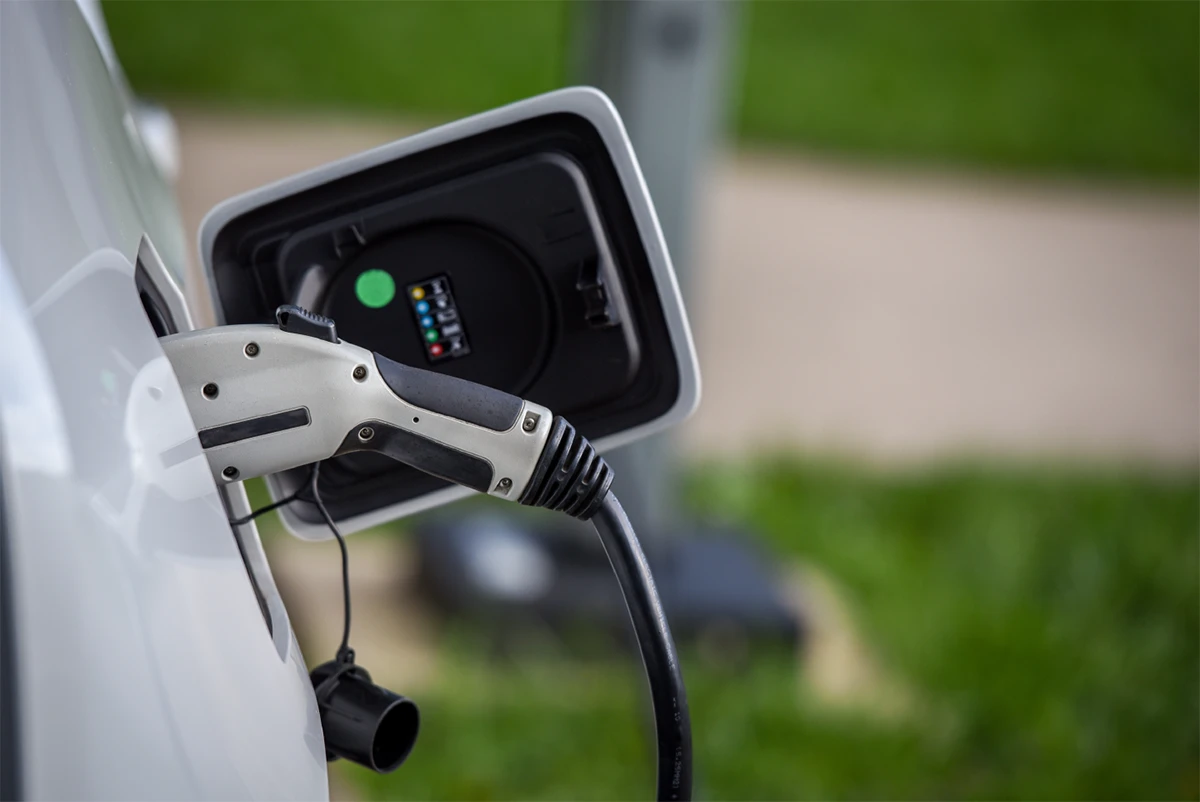Panamá approves Law 295 of April 25, 2022 “That encourages electric mobility in ground transportation” (hereinafter, Electric Mobility Law) published in Official Gazette No. 29523-A, that encourages electric mobility in ground transportation. The purpose of the law is to reduce the emission of greenhouse gases increasing the use of renewable energies. The Electric Mobility Law will take effect in January 2023.
This Law defines “electric mobility” such as the systemic approach comprising the use of electric vehicles, electric charging infrastructure and vehicular traffic to promote human well-being through transportation efficiency and greenhouse gas reduction.
Undoubtedly, the move to electric mobility is one of the biggest disruptions currently occurring in the world, mainly in countries of the European Union and Latin America, with the result that, the enactment of the Electric Mobility Law is a significant step forward for our country, not only in terms of energy efficiency but also in the protection of the environment and the improvement of the quality of life.
The Electric Mobility Law establishes a regulatory framework that imposes on the public institutions of the National Government, autonomous and semi-autonomous, the replacement of its vehicle fleet by electric cars in a progressive manner (10% by 2025, 25% by 2027 and 40% by 2030).
In the case of public transportation, collective and selective, a minimum introduction of 10% of the electric vehicle fleet is established by 2025, 20% by 2027 and in 2030 electric vehicles should constitute 33% of this segment.
As an economic incentive, the exemption from the payment of vehicle license registration fees for a period of five years is contemplated, from the date of purchase in the case of new electric vehicles, and from the date of promulgation of this Law for those electric vehicles previously purchased. In addition, the Selective Consumption Tax (ISC) for import of electric land motor vehicles will be 0% until December 31, 2030 and after January 1, 2031 it will be 5%, while for hybrid land motor vehicles it is set at 10%.
To conclude, the new Law on Electric Mobility establishes mechanisms in Panama that speed up the migration and/or incorporation of the electric mobility systems necessary to achieve the modernization and reduction levels of carbon emissions in our country. This new Law of the Republic is a forceful action not only to transform the mobility of the country, but also to raise the quality of life of its citizens and that of future generations.
Doris Nieto
Associate
ALCOGAL
You can read other articles here

